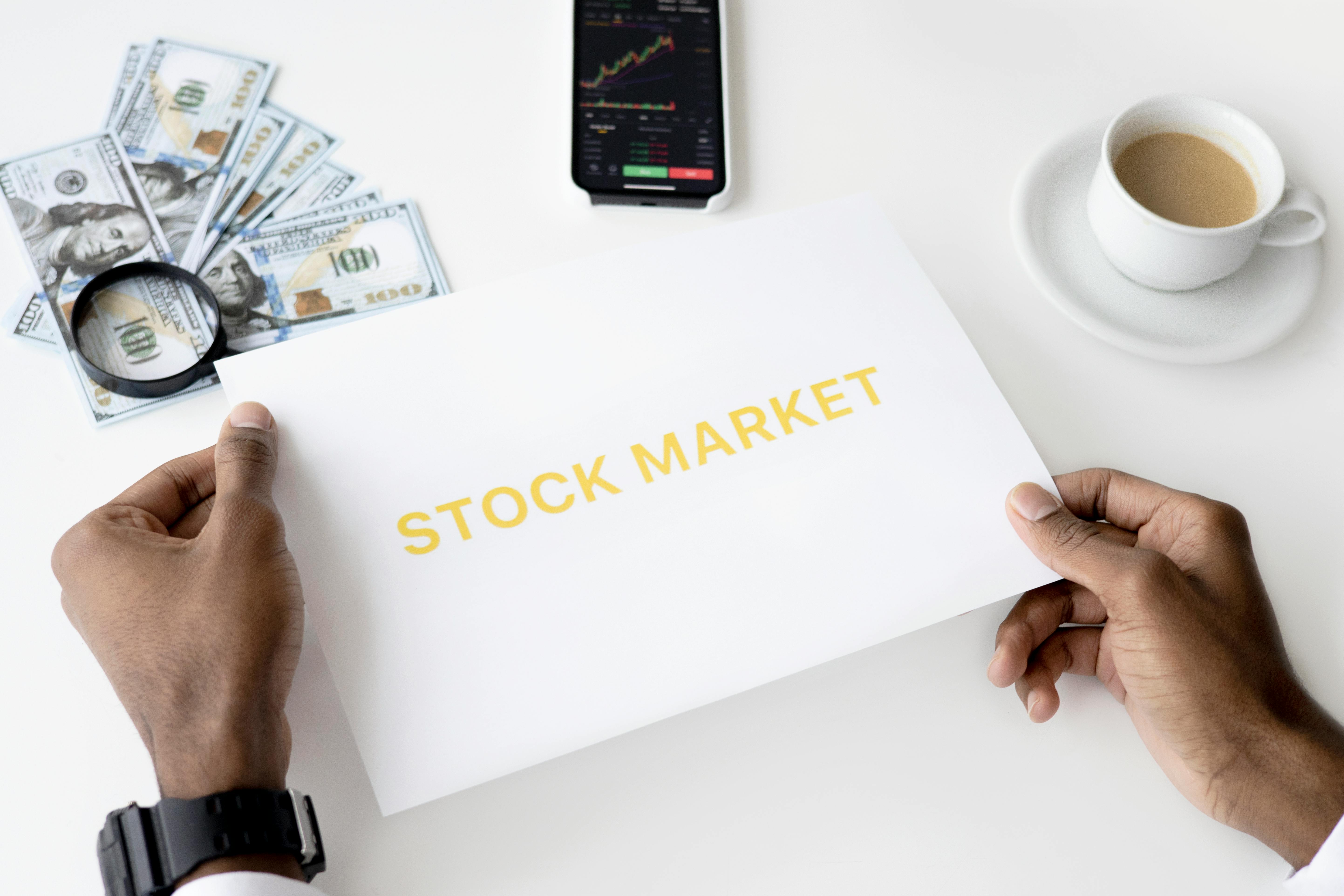Types of Forex Trading Accounts: Choosing the Right One

When starting your journey in the world of Forex trading, one of the most important decisions you'll make is choosing the right type of trading account. Forex brokers offer various account types tailored to meet the needs of different traders, from absolute beginners to seasoned professionals. In this guide, we’ll explore the main types of Forex trading accounts, their features, and how to select the one that aligns with your trading style and goals.
1. Demo Account
A demo account is a simulated trading account that allows new traders to practice without risking real money. It replicates live market conditions and includes all the tools and features found in a real trading environment. This is the best starting point for anyone who is new to Forex.
Advantages:
- Risk-free trading environment
- Real-time market simulation
- Helps in testing strategies and platforms
2. Micro Account
A micro account allows traders to trade very small position sizes, typically using micro lots (1,000 units of base currency). It is ideal for beginners who want to gain real market experience with minimal capital at risk.
Advantages:
- Lower risk exposure
- Suitable for small budgets
- Allows gradual learning curve
3. Mini Account
A mini account enables trading in mini lots (10,000 units). It is a step up from a micro account and is designed for traders who are slightly more experienced but still want to limit their exposure.
Advantages:
- Balance between risk and reward
- Affordable entry for small investors
- Good for developing trading strategies
4. Standard Account
This is the most common account type for experienced traders. It allows trading in standard lots (100,000 units) and typically requires a larger initial deposit. Standard accounts may offer better spreads and access to more trading features.
Advantages:
- Higher profit potential
- Access to advanced tools and features
- Lower trading costs per unit
5. ECN Account
ECN (Electronic Communication Network) accounts provide direct access to other market participants without a dealing desk. These accounts offer ultra-tight spreads and faster execution speeds, ideal for scalpers and high-frequency traders.
Advantages:
- Direct market access
- Low spreads
- Transparency and faster execution
6. Islamic Account
Islamic Forex accounts, also known as swap-free accounts, are designed for Muslim traders who wish to adhere to Islamic finance principles. These accounts do not accrue interest (swap) on overnight positions, in compliance with Sharia law.
Advantages:
- Interest-free trading
- Fully compliant with Islamic finance laws
- Available on various account types
7. Managed Account
In a managed Forex account, a professional trader or money manager makes trades on your behalf. This type of account is ideal for investors who prefer a hands-off approach to trading but want to gain exposure to the Forex market.
Advantages:
- Expert management
- Time-saving for busy investors
- Potential for passive income
Choosing the Right Account
When deciding which Forex account is best for you, consider the following:
- Your experience level
- Available capital
- Risk tolerance
- Trading style and strategy
- Whether you want to trade actively or passively
Final Thoughts
Selecting the right Forex trading account is a crucial step in your trading journey. Whether you’re a beginner practicing with a demo account or a seasoned trader using a standard or ECN account, it’s important to match your account type with your trading goals and risk appetite. Always start with education and practice before committing real capital to the market.
Disclaimer: Forex trading involves significant risk and may not be suitable for all investors. Always consult with a licensed financial advisor before making trading decisions.